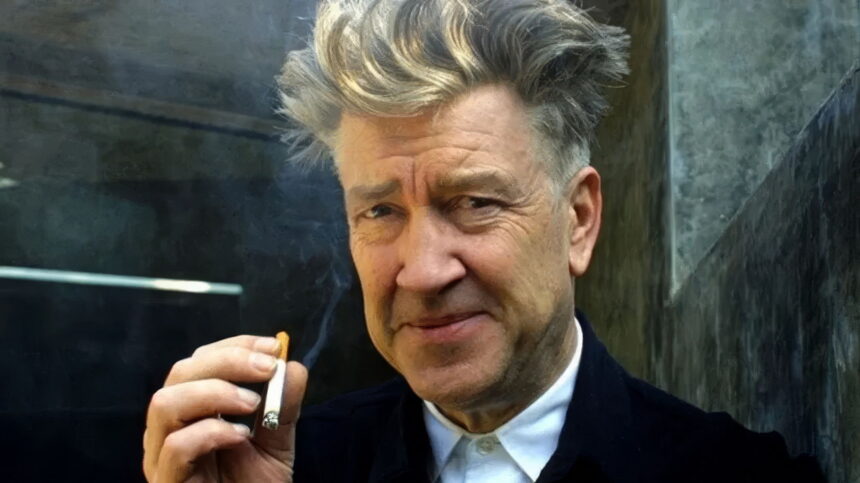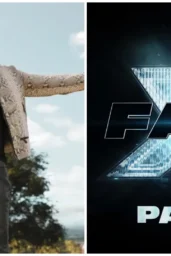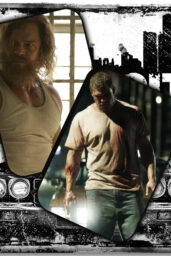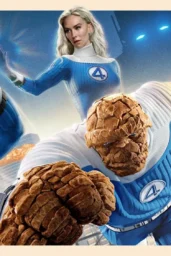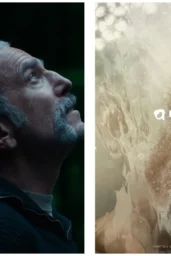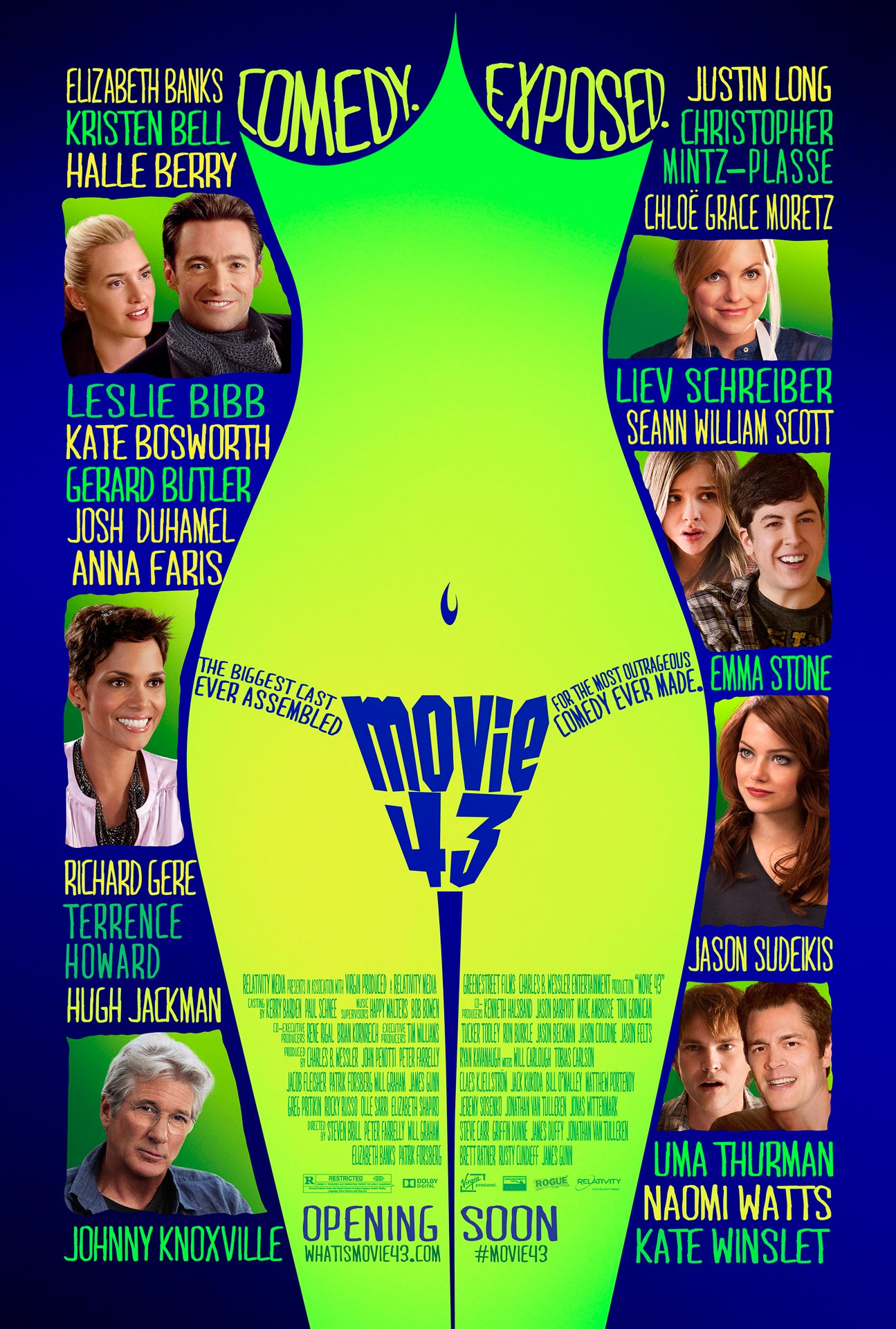There's a particular kind of heartbreak reserved for the films we never get to see. Not the ones that flop, not the ones that miss the mark—no, I mean the ones that almost existed. The ones that, for a moment, flickered just out of reach. David Lynch's “Unrecorded Night” is that wound for cinephiles. Not a disappointment, but a haunting. A future that was right there, and then—gone.
You can feel it in the way people talk about it. Not with anger, but with a sort of dazed reverence, like remembering a dream that almost made sense. Lynch's longtime producer, Sabrina Sutherland, didn't mince words: “It was probably the best thing he ever did. It was a culmination of a lot of things. We worked on this for over two years in terms of writing, and we were still writing up until the point he passed away. We were getting ready to go back to Netflix because he had re-envisioned some things about it, and it had morphed into something even better than it was. I hope that one day people will be able to experience it in some way.”
Let that hang for a second. The best thing he ever did. Lynch—the man who gave us Blue Velvet, Mulholland Drive, and Twin Peaks: The Return—was about to drop his magnum opus, and then… nothing. The scripts were ready. The cast—Laura Dern, Naomi Watts, Kyle MacLachlan—was lined up. The crew was on standby. Lynch himself had prepped every detail. And Netflix? They blinked. They waited. They let the clock run out.
I can't shake the image: Lynch, hunched over a script, rewriting, refining, right up until the end. The project had been in motion for years. Netflix circled, hesitated, then—poof. After Lynch's death, Netflix's Ted Sarandos tried to spin it as if the project was just about to happen. Revisionist history at its most corporate and, honestly, insulting. Five years of indecision killed the dream.
What stings isn't just the loss of another Lynch film. It's the sense that this was the next evolution. If The Return was Lynch's grand summation, “Unrecorded Night” was the next step into the unknown. Maybe, one day, someone will publish the screenplay. Maybe a young filmmaker, high on Lynch's ghost, will try to adapt it. But let's be real: no one else could see what David saw. No one else was David Lynch.
So, we're left with scraps. Rumors of a novelization. The hope that the words, at least, will survive. But the film—the experience—has slipped away. And it didn't have to be.

